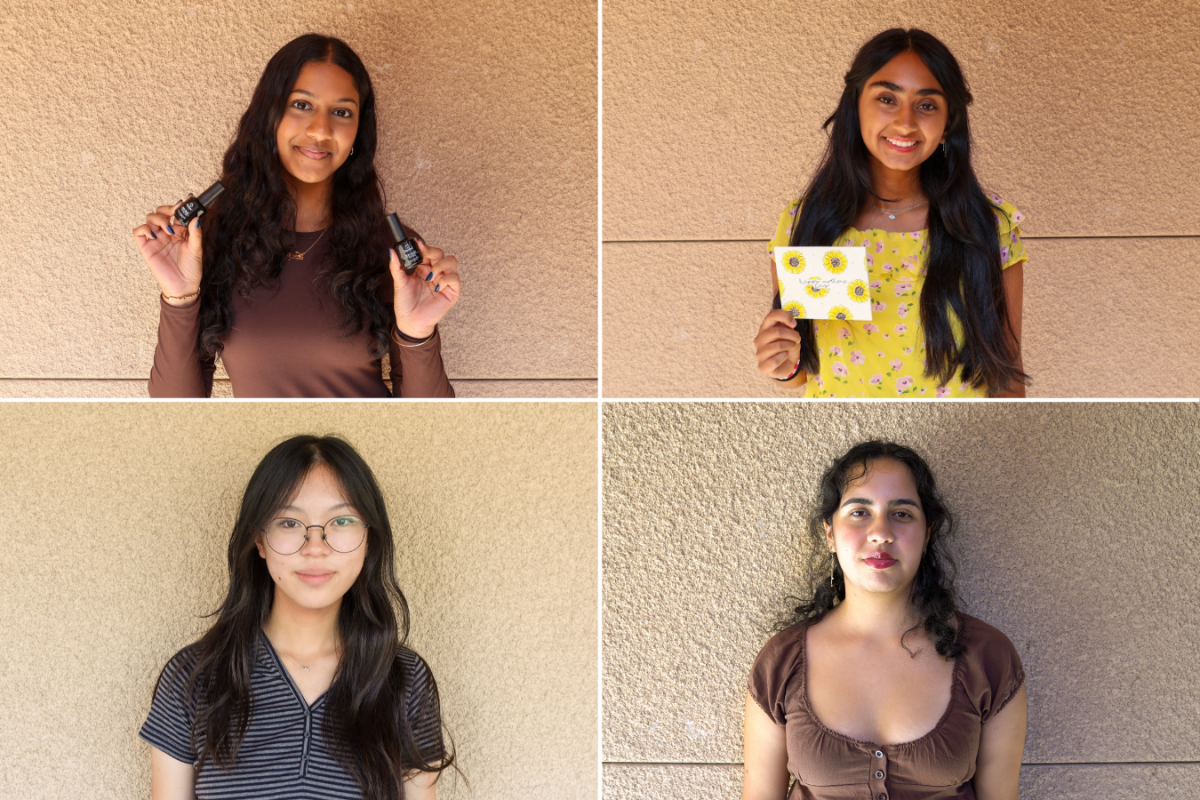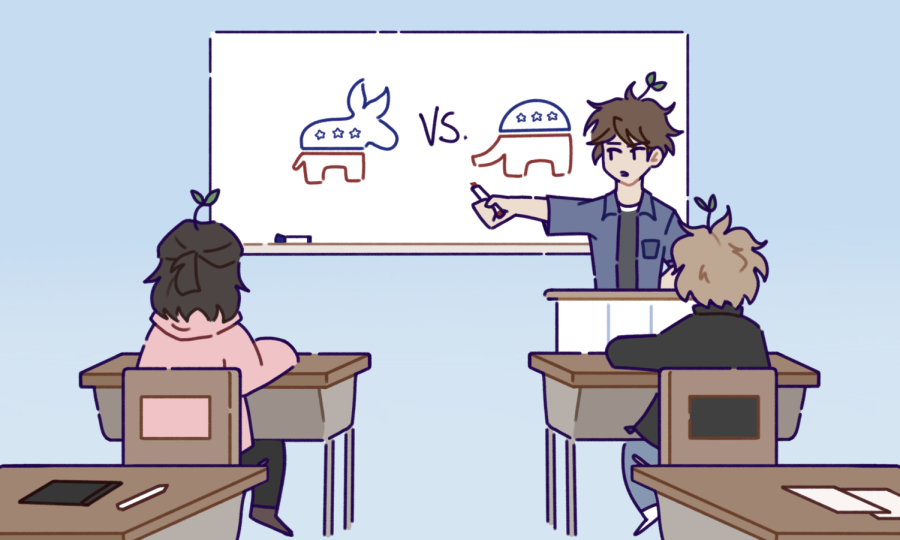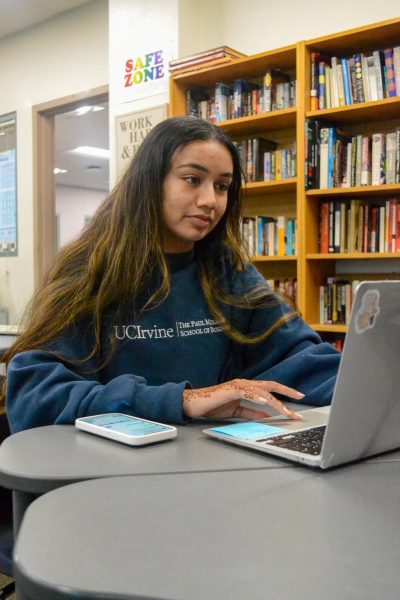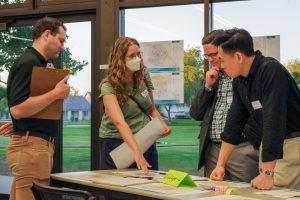How schools should address politics in the classroom
September 29, 2021
In today’s highly polarized and aggressive political climate, it’s not uncommon for students to want to express their political beliefs on and off-campus. Teachers are also within their rights to legally talk about their political inclination outside of school, but many refrain from doing so for different reasons including fear of backlash. For the next generation of Americans to be politically active and form their own educated opinion, schools should encourage more conversation and be willing to teach and inform students about controversy instead of shying away from it.
Classrooms are a place to stimulate growth and learning. By hindering discussions of political topics that impact our everyday lives, students are less likely to develop the necessary critical thinking skills needed to form an educated opinion. Controversial topics need to be objectively discussed with the pure intent of understanding the arguments from either side. If classroom discussions opt for a non-controversial approach, then there is no stimulation of thought. Today’s students are tomorrow’s citizens and potentially politicians or leaders. Schools should be preparing students to be able to talk about politics, not with the intent of winning an argument but to learn and understand how others think.
According to a Brown University curriculum development program, teachers often shy away from speaking about controversial topics out of concern for losing control in the classroom or to avoid parental feedback complaining that a teacher or administrator is pushing their personal political agenda on their child. However, by avoiding the discussion of such topics, administrators are essentially saying that students aren’t capable of learning to hold a productive and civil conversation.
Not only are these discussions crucial for students to learn how to actively hold a civil discussion, but these conversations improve critical thinking. The University of Michigan’s Center for Research on Learning and Teaching says that controversy during classroom discussions can promote cognitive gains in complex reasoning, integrated thinking and decision making; all skills necessary for learners of all ages.
Although some government classes introduce students to critical political discussions, most students aren’t exposed to this open and civil environment until later in their educational career. History classes starting in middle school should incorporate discussions on controversial topics relating to the lesson as well as the current issues in our political system. By structuring history curriculums to allow for student discussion on how historical patterns are reflected in our current world, students can learn that history doesn’t always fit strictly into right or wrong. By doing so, students can also find faults in the current political framework, enabling them to find what issues resonate with them and what they are truly passionate about at an early age.
A great example of discussing politics on campus is through school newspapers, which allow students to express their opinions in a diplomatic manner. Opinions found in a school newspaper are normally well researched and respectful, allowing for readers to understand the writer’s perspective. Not only is this beneficial to the writer as they are able to dive into a topic they are passionate about and fully understand it before forming an opinion, but it benefits the reader as they are able to broaden their perspective and possibly shape their own opinion.
There is, however, a fine line on what type of issues should be talked about in school. Classrooms should talk about topics that have a significant connection to education such as the controversial discussion of critical race theory, climate change and COVID-19 vaccination. These topics have an impact on a student’s well-being as it enables them to expand their view of the world and sharpen their skill of fact-checking. The concept of enforcing democratic education, which essentially argues that education should be inclusive for all, is necessary for instilling values of fairness into the minds of students which, again, encourages students to become active political participants in their community.
For a better future and for a better community, administrators need to allow students to talk about political topics in an academic setting. By implementing the concept of democratic education, all students will feel empowered to find social issues that resonate with them and from there, take initiative to better our society as a whole.


























































